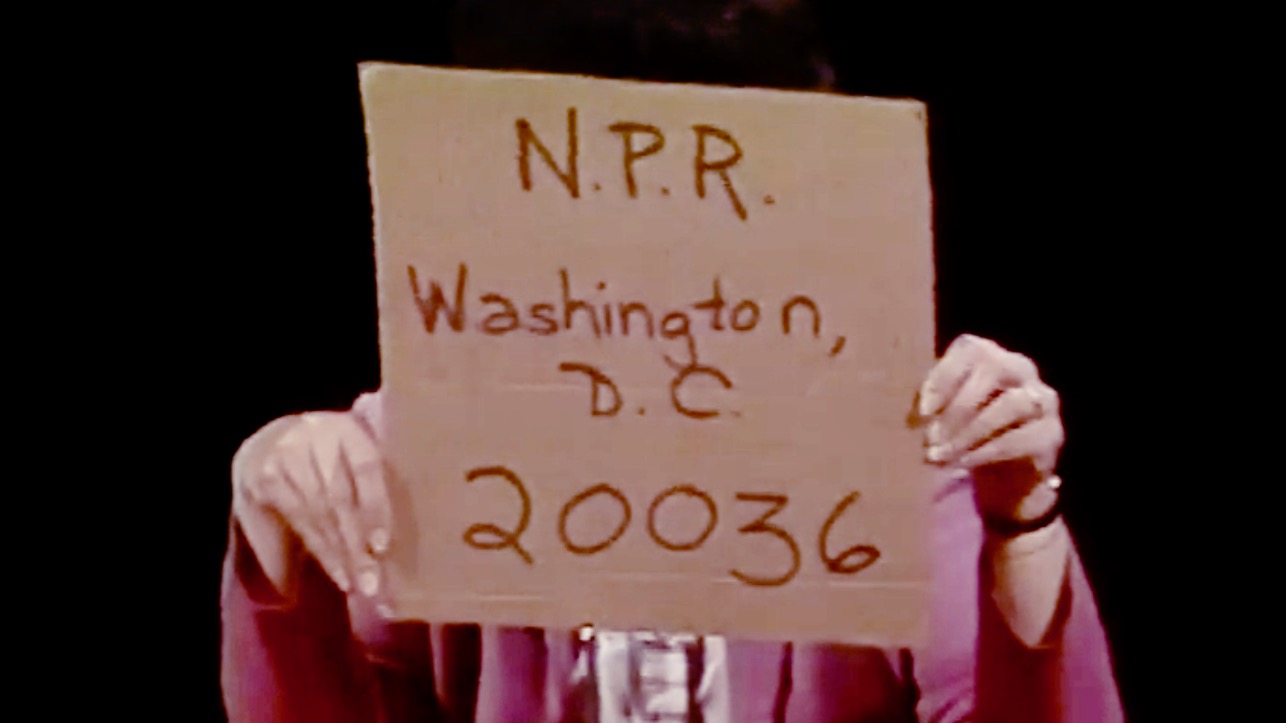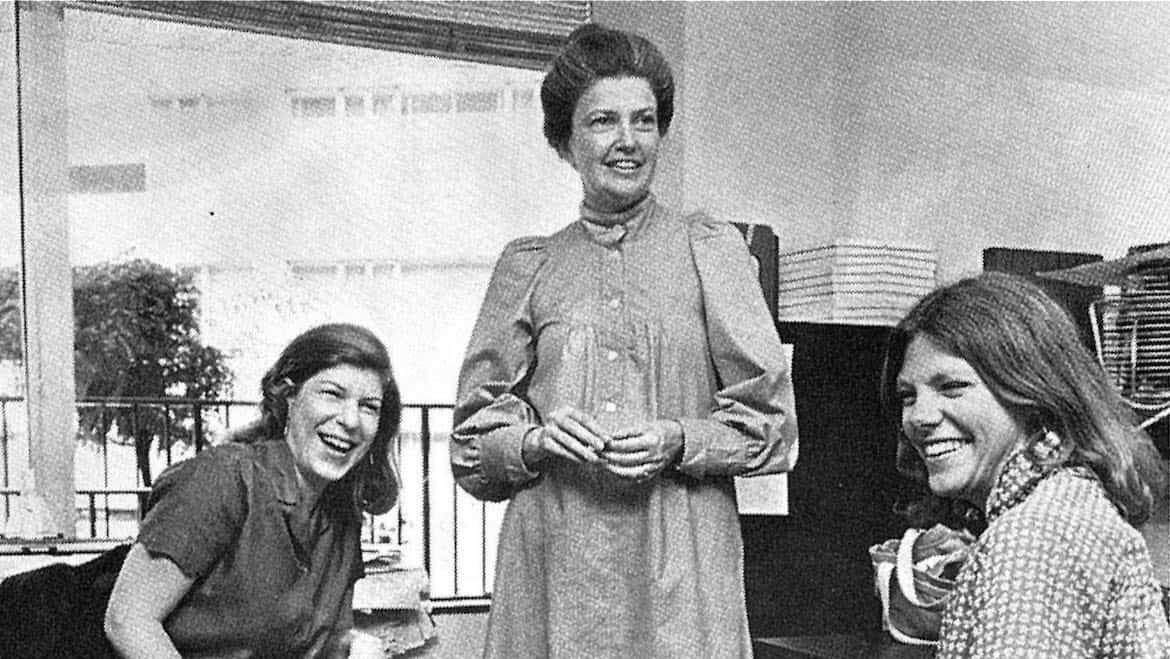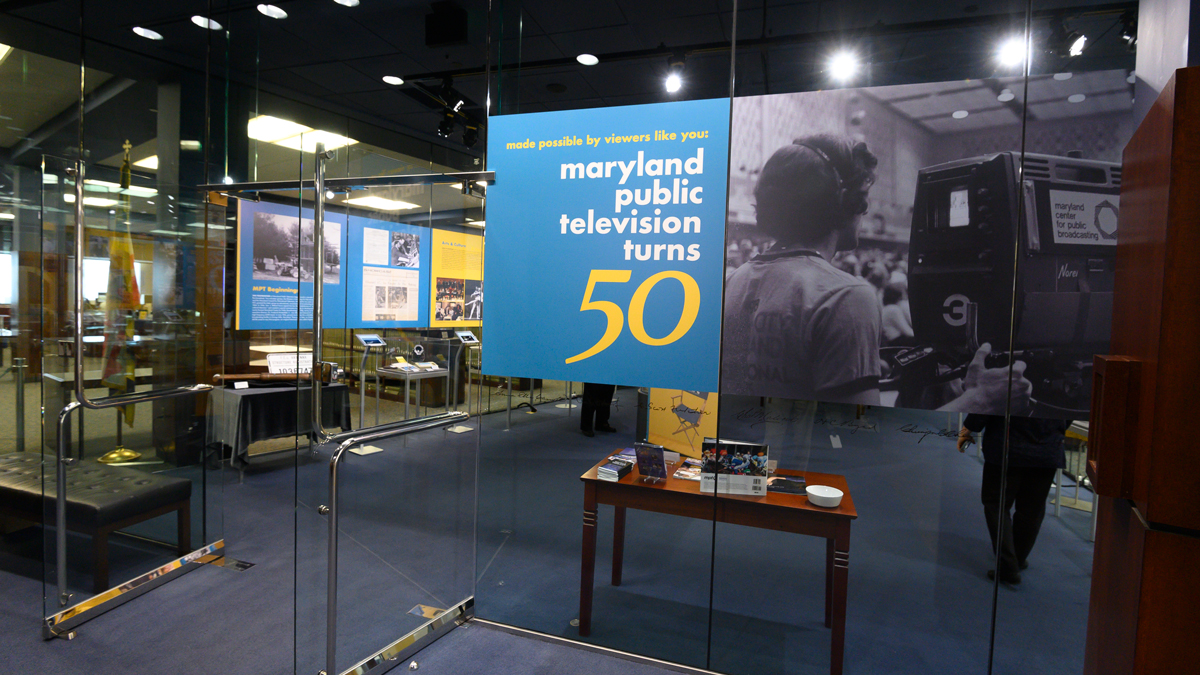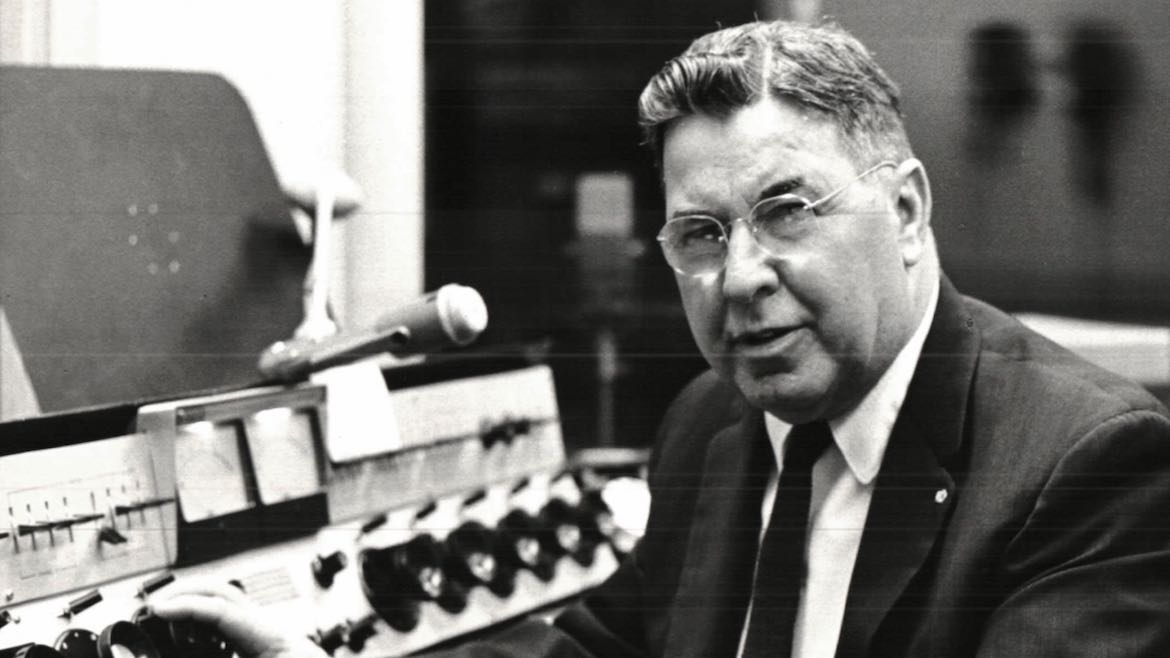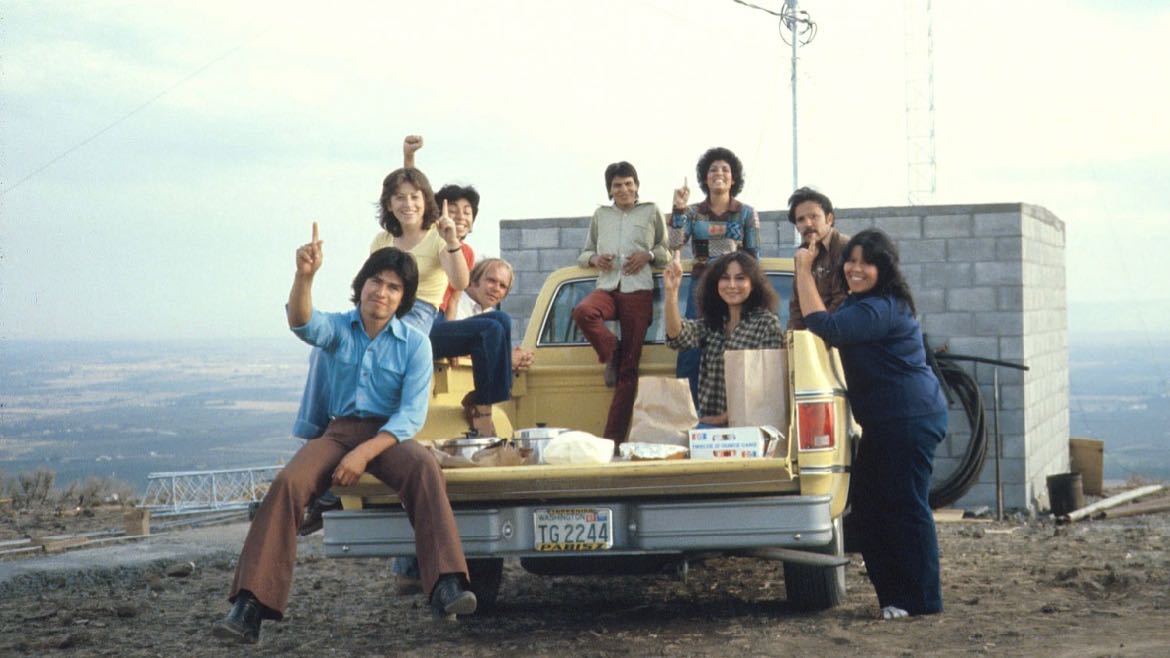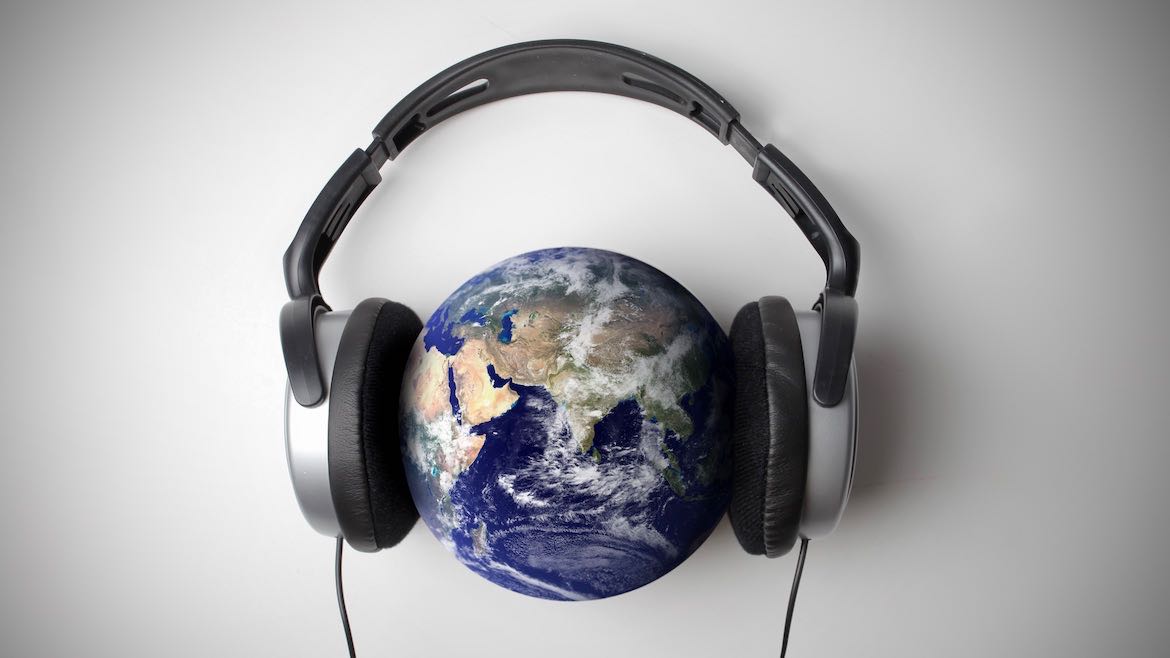History of public media
Opinion: Lessons from NPR’s past efforts to reach minority listeners
Rather than working to maintain the status quo, this could be the moment for NPR to reimagine its mission by broadening its ...The enduring and accessible legacy of ‘Vegetable Soup,’ a 1970s TV show that embraced cultural ...
The show aimed "to help children learn to live together in appreciation of the common humanity of different peoples."Drive to survive: The ‘brightest and darkest time’ at NPR
Forty years ago, NPR was facing another financial challenge — one that threatened its very existence.New Deal docudramas provide ‘missing link’ in history of educational radio
In the 1930s, dramatized documentaries produced by the U.S. Office of Education went beyond factual content to foster a desire for civic ...How digging through archives brought the story of NPR’s ‘Founding Mothers’ to life
"Writing a biography of a person or place, much less four people and a place as storied as NPR, is not for ...How public broadcasting overcame early setbacks to become a national institution
Public media's mission was clear early on, but an emphasis on high-quality programming was needed to earn widespread support.After 50 years, NPR upholds public broadcasting’s founding values
NPR was incorporated Feb. 26, 1970, marking a new stage in the growth of a public media system rooted in education.How the Works Progress Administration played a critical role in WNYC’s history
The New York station may not have survived the Great Depression without help from the federal government.New exhibit takes visitors behind the scenes of Maryland Public Television’s 50-year history
Videos, photos and memorabilia from MPT's past programming are on display at the University of Maryland.With help from Peter Rabbit and fairy princesses, a pioneering educator showed how radio could ...
During his 35 years at Indiana State Teachers College — now Indiana State University — Clarence "Doc" Morgan also trained scores of ...Looking back on the lesser-known histories of ‘Chicano Public Radio’
A group of bilingual radio stations founded in the late 1970s "helped distinguish Spanish-language and bilingual broadcasting as a form of advocacy."How France’s national broadcaster bolstered U.S. public radio in its formative years
From the 1940s to the 1970s, dozens of U.S. public radio stations featured French cultural programming that "let us know that the ...In 1970, riots and tear gas couldn’t sideline Ohio’s WOSU — but its licensee’s president ...
“The tone of operations was business as usual in virtually every sense despite the strong waves of tear gas through the building."A DJ looks back on 50 years on jazz radio in the nation’s capital
Rusty Hassan has seen shows and stations come and go during his long career on Washington, D.C., airwaves, and he's still at ...‘The World Is Yours’: How the travelogue shaped early public broadcasting
The globetrotting quality of public media is neither new nor politically neutral and has roots in the earliest days of American broadcasting.




